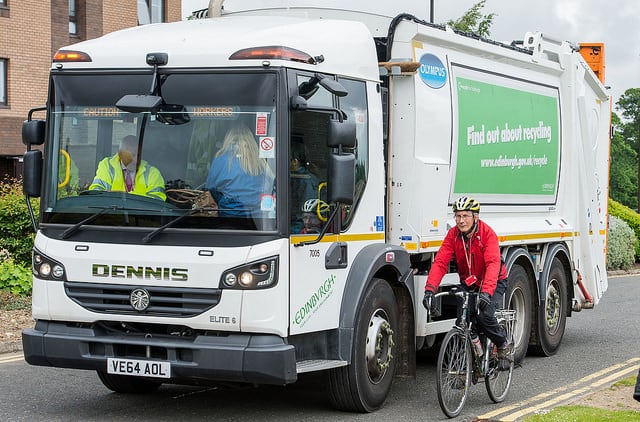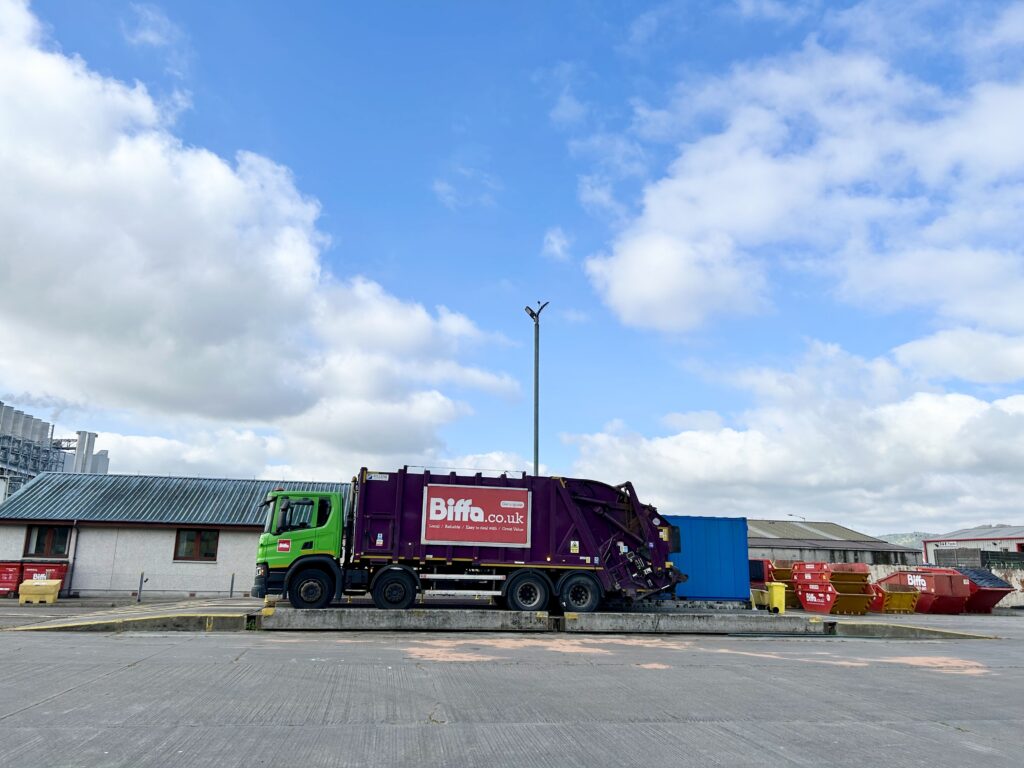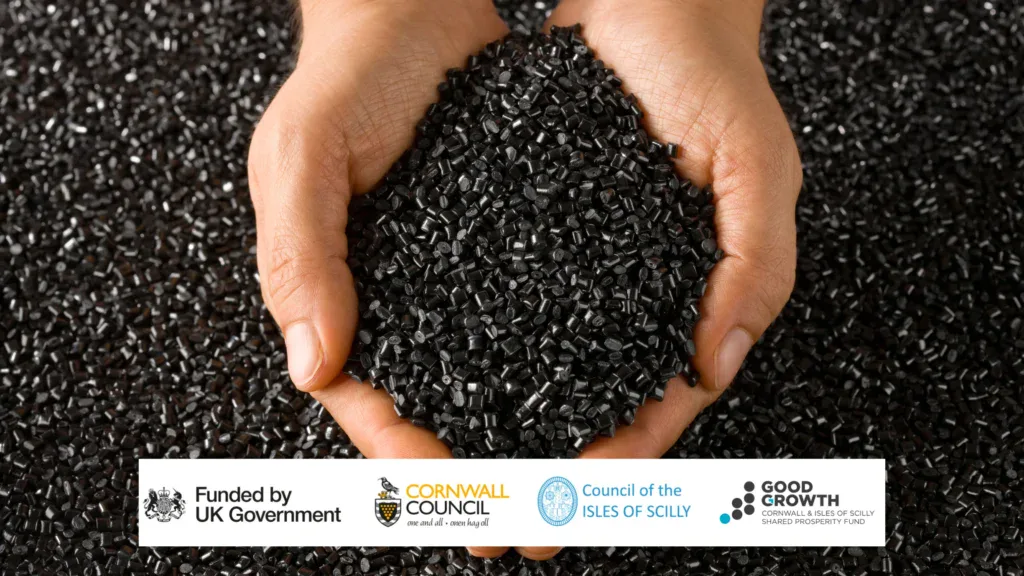The city centre LEZ was approved by Scottish ministers in May 2022 and was introduced on 31 May 2022. Enforcement will start on 1 June 2024, following a two-year grace period.
This will see charges given to the “most polluting” vehicles. While there are exemptions for emergency and military vehicles and those with blue badges, the council said it will need to replace more than 280 vehicles or risk a fine through non compliance, as well as “reputation damage”.
The report outlined all the vehicles which would need replacing, which included a 12 food waste collection RCVs, 18 15-tonne RCVs and 54 26-tonne vehicles.
However, the report outlined that most of these would be replaced with Euro 6 diesel alternatives that are LEZ compliance, rather than electric or other technologies.
This was put down to the “large cost disparity between Internal Combustion Engine (ICE) powered and electric/hydrogen alternatives for the larger heavy goods vehicles (HGV) and specialist vehicles.
The report added: “It is not viable from a financial and general risk perspective to purchase these as electric/hydrogen until the market has matured, greater reliability can be ensured, and economies of scale have led to a reduction in prices . It is anticipated that a further report will be brought to committee in 2028/29 outlining the resources required to procure sustainable alternatives to the diesel HGVs and specialist vehicles.”

Electric
The council does have five electric refuse collection vehicles which are due to commence service in the Waste Collection service. This was made possible by funding from Zero Waste Scotland, to assess use and reliability.
“This will shape the fleet replacement approach that will be employed from 2028/29 onwards,” the council said.
Vehicles
The total cost of replacing more than 280 vehicles is estimated to be £56.8m.
This cost will be partially offset by capital receipts from the disposal of existing vehicles of £2m and a contribution from an earmarked reserve of £3.2m, resulting in a total loans fund advances of £51.6m.
The loans charges associated with this over a 7-year period would be a principal repayment of £46.3m and interest of £13.5m, resulting in a total cost of £59.8m based on an assumed loans fund interest rate of 5.25%.









Subscribe for free